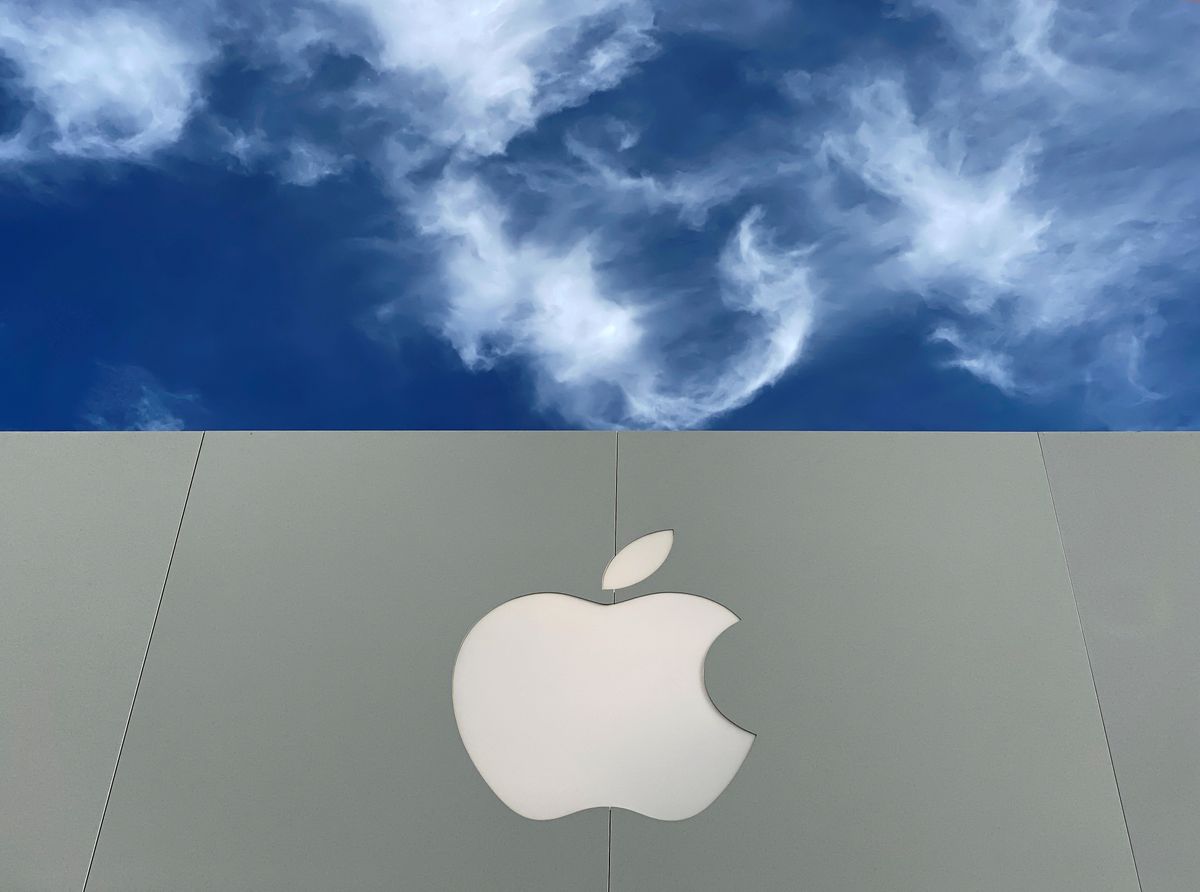Apple could have to pay back billions in taxes
In 2016, the European Commission said that Apple relied on two Irish tax rulings for over 20 years that let it unfairly pay low tax rates as low as 0.005%.

A few minutes every morning is all you need.
Stay up to date on the world's Headlines and Human Stories. It's fun, it's factual, it's fluff-free.
The backstory: The EU has been trying to regulate Big Tech for years now, pushing hard with antitrust probes into deals between multinational companies and member states that regulators saw as giving unfair state aid to the companies. In 2016, the European Commission said that Apple relied on two Irish tax rulings for over 20 years that let it unfairly pay low tax rates as low as 0.005%. EU antitrust chief Margrethe Vestager argued that these tax breaks gave it an unfair advantage. So, the court ruled that Apple owed €13 billion (US$13.9 billion) of unpaid back taxes to Ireland.
More recently: In 2020, Apple and Ireland challenged this ruling, and the European Union's General Court ruled in their favor. It decided that regulators hadn’t been able to really prove that Apple had benefited from an unfair advantage.
The development: On Thursday, an adviser to the EU’s top court – advocate general Giovanni Pitruzzella to the EU Court of Justice (CJEU) – said that there were legal mistakes made when Apple won that 2020 tax order case and the case will have to be reviewed again for a new decision. Pitruzzella said that CJEU judges should throw out the ruling and send the case back to a lower court. The advocate general's advice doesn’t have to be followed, but it often is.
Meanwhile, the Irish government is saying that it never gave Apple any unfair advantages or “state aid” and that it didn’t break any EU laws. Apple itself said that the General Court’s 2020 ruling “should be upheld” – no surprise there. The CJEU is expected to rule on this issue in the next few months. And, if it rules against Apple, then other countries in the EU and even the US might reportedly be able to claim part of those back taxes.
Key comments:
"In the Advocate General’s opinion, it is therefore necessary for the General Court to carry out a new assessment," Giovanni Pitruzzella's opinion statement said.
“It is therefore necessary for the general court to carry out a new assessment,” the EUCJ said in its own statement.
"We thank the court for its time and ongoing consideration in this case. The General Court’s ruling was very clear that Apple received no selective advantage and no state aid, and we believe that should be upheld," an Apple spokesperson said.




Comments ()